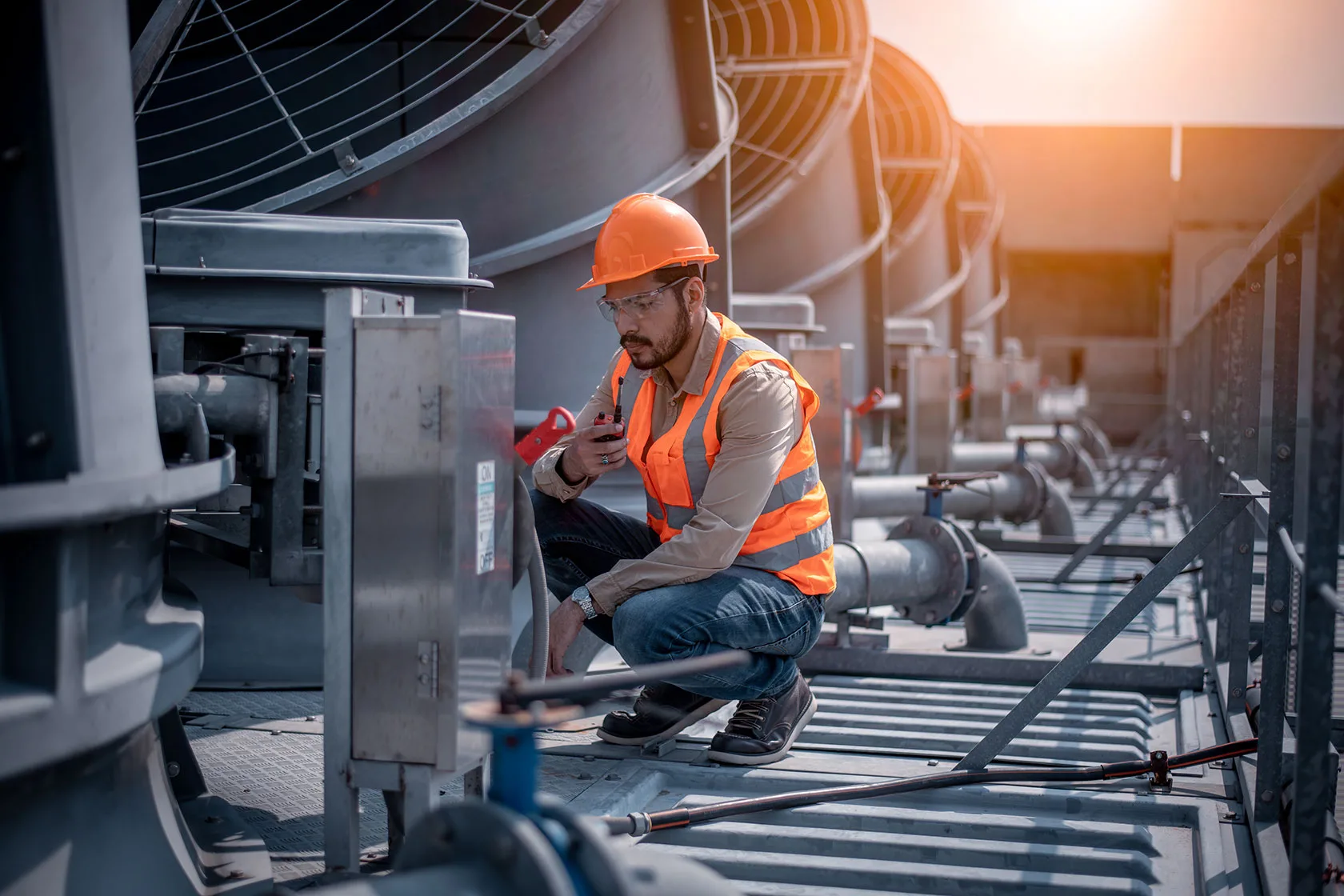Every landlord will agree that the most important but expensive system on their rental property is the HVAC system.
Maintaining your HVAC system should be your top priority for the tenant’s comfort. Keeping it in its best shape will ensure an enduring unit and a more satisfying rental property.
Another reason why keeping your HVAC system maintained regularly is essential to making your rental cozy and energy efficient.
In the following lines, you’ll find out how to properly maintain your rental property’s HVAC system to avoid considerable expenses.
Legal HVAC Maintenance Requirements For Rentals
Having an HVAC system on a rental property comes with responsibilities for both sides. This unit requires regular and proper maintenance to stay in an efficient condition.
There is some confusion, though, about who’s responsible for what.
There are three models of allocation for maintaining the HVAC system. Either the landlord takes full responsibility, both landlord and tenant share the responsibility, or the tenants take full responsibility.
It also depends on which state the rental property is located in. In most states, it’s the landlord’s job to provide the functionality of the unit.
It’s important to note that landlords aren’t required to provide HVAC systems on their rentals, but they are required to provide heat to keep the property habitable.
The Most Effective Maintenance Practices
Preventative maintenance is crucial to avoid expensive repairs and keep the system running smoothly. There are several things to consider when performing maintenance on this unit on the rental property.
So, how can you keep the HVAC system running at top performance? By following these tips and steps, you’ll ensure the longevity of your unit:
- Creating a Maintenance Schedule: You probably have a lot going on, and forgetting due dates is normal. But your HVAC system maintenance is something too important to forget because a problem in its operation might cost you a lot of money. To avoid such unpleasant situations, create a maintenance schedule to help you remember due dates and save you time and money. Having a schedule will ensure that the unit functions perfectly, and it will prevent any major repairs from occurring.
- Regular Filter Replacement: Prolonging the life and efficiency of your HVAC system isn’t as hard as it seems. Regular filter replacement is something to always have on your to-do list when it’s time for maintenance. How often you change the filters depends on their quality. Cheaper ones will require changing at least once per month. Others, though, can last for as long as six months; as you can tell, quality over price! Good-functioning HVAC filters are essential for providing clean and healthy air in the rental property.
- Inspection Of Belts And Bearings: The belts and bearings on your HVAC can wear down, just like the timing belt on your car. Checking them regularly by an HVAC technician should be on your calendar every three months. Having the bearings lubricated correctly is crucial to prevent the components of the unit from grinding against each other and, occasionally, from breaking down. If worn belts and bearings aren’t replaced on time, this could lead to more costly issues.
- Cleaning Air Ducts And HVAC Units: While changing the air filters is very important, cleaning the air ducts and HVAC units should always be on your to-do list. When you complete this task, you’ll instantly notice the difference in the air quality of your rental property. All the filth that’s collected in the air filters is contaminating the quality of the air indoors. Routine cleanings mean better air quality for your tenants. Maintaining the HVAC units is also easy and simple. You need to ensure there aren’t any leaves and other outdoor contaminants because they lower the performance and efficiency of the HVAC system.
- Removing Standing Water: Getting rid of standing water should also be on your regular maintenance task list. It’s the ideal environment for bacteria to breed and work their way to the HVAC system, which can also cause illnesses to the ones living in the rental property. That’s why removing standing water is crucial to add to your maintenance checklist. Also, make sure you inspect your property’s drain pans because such humidity-moderating areas can cause mold if not eliminated on time.
Who Is Responsible For HVAC Maintenance In A Rental Property?
This question bothers almost every tenant and landlord out there. Should the landlord, who owns the system, be responsible for its maintenance? Or should the tenants be held responsible for using it?
In most cases, when it comes to rental property aspects, it’s the landlord’s responsibility to maintain the HVAC system unless it’s the tenant’s neglect that caused a problem.
Also, if the tenant bought and installed the unit, it’s his responsibility to maintain it. Using professional tenancy cleaners is a great option if you lack the time or the desire to do all that work yourself.
However, ultimately, the landlord must provide heat to the rental property and maintain any systems he installed.
Conclusion
And there you have it: the proper ways to maintain the HVAC system on your rental property.
Yes, property repairs and maintenance aren’t things to neglect and could cost you a lot of money if you don’t do it regularly. But with a little bit of planning and proper organization, you can take care of the maintenance of anything around the property.
If you’re still confused or unsure you can handle it by yourself, you should contact property maintenance services to help you out. After all, your investments are worth protecting to serve you for a long time.





